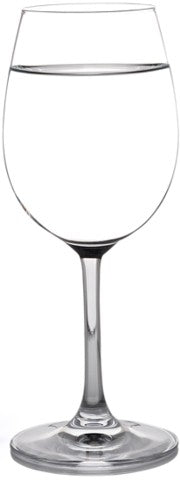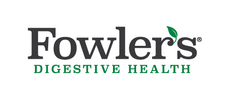
How can I prevent dehydration from diarrhea?
Diarrhea can be defined as having three or more loose or watery stools within 24 hours. The most common cause is a gastrointestinal infection from a virus, bacterium, or a parasite.
Some non-prescription medications can be used to help relieve symptoms such as abdominal pain and cramping, and diarrhea usually resolves in one to a few days.  The most important thing to keep in mind during that time is to prevent dehydration.
The most important thing to keep in mind during that time is to prevent dehydration.
Dehydration occurs when you lose too much fluid and electrolytes from your body. Because you lose a lot of fluids from diarrhea, replenishing those lost fluids is very important. Some signs of dehydration include excessive thirst, light-headedness, dry mouth and/or lips, dry skin, lethargy (lack of energy), or little or dark-colored urine.
If you have one or more medical conditions or take medications, the excessive fluid loss may affect your condition, so it is all the more important to take steps to prevent dehydration.
Here are six key recommendations to prevent or treat dehydration as you are recovering from diarrhea:
1. Drink fluids frequently, about every 15 to 30 minutes. If you are also vomiting or still suffering bouts of diarrhea, suck on chips of ice or drink smaller amounts of liquid and gradually increase the volume as you are able to tolerate more. 
2. Drink clear fluids such as water, juice, or weak caffeine-free tea. Avoid acidic fluids such as coffee, citrus juices, alcohol, or milk.
3. The best form of fluid replacement is oral rehydration therapy or ORT. These fluids are specially formulated with the correct amounts of electrolytes to restore the balance that is lost from dehydration. ORT is commonly available in liquid form, as a powder or effervescent tablets that you dissolve in water, or as freezer pops. Any of these forms are effective in replenishing your fluids and electrolytes. ORT is also better to use compared to sports drinks, which often contain a lot of sugar and can aggravate some types of diarrhea.
4. Eating a bland diet for about 24 hours can also help you recover more quickly – avoid acidic, spicy, oily foods and try things like broth soup, porridge, or toast instead.
5. If you are considering exercise, it may be best to take a break until you fully recover.
6. If you have heart or kidney problems or are taking medications, consult your doctor or pharmacist on how to safely replenish your fluids to prevent or treat dehydration.



Comments
Leave a comment